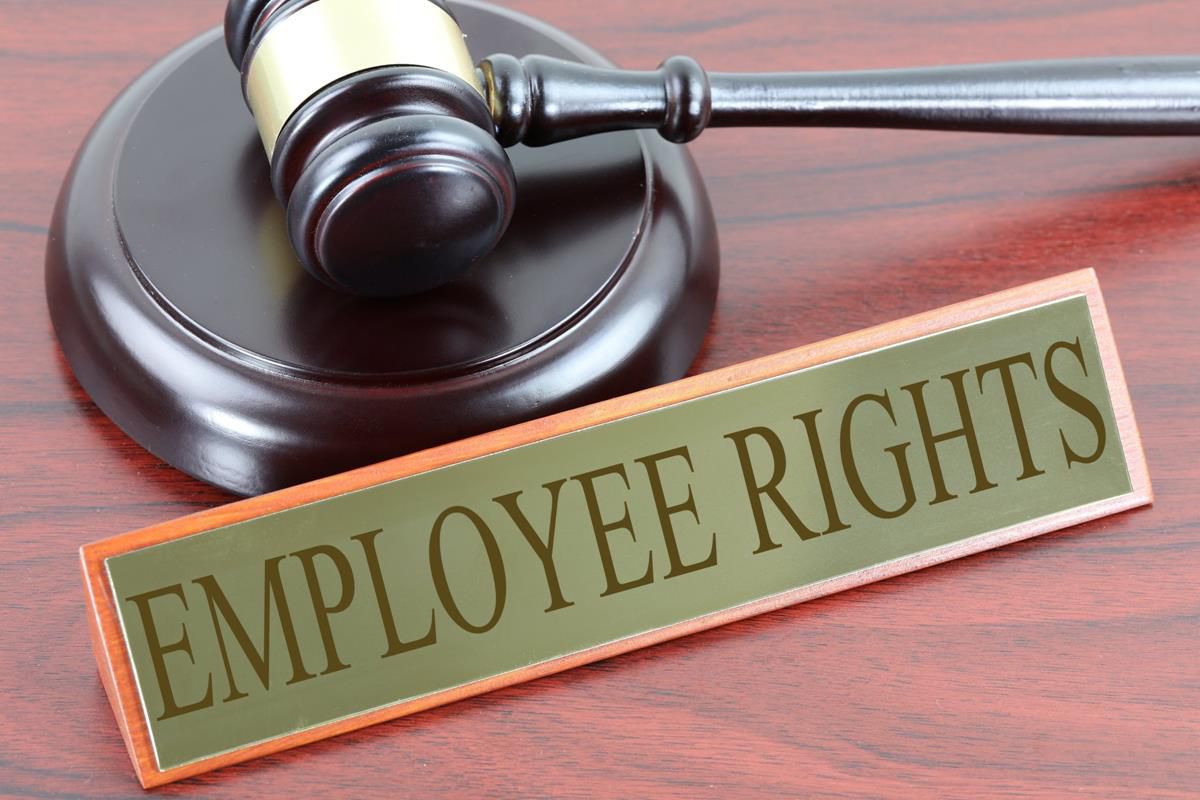WHAT IS A TAX LIEN?

Tax Liens are an important tool in the IRS’ arsenal, as well as other taxing agencies like the Franchise Tax board (FTB),, California Department of Tax and Fee Administration(CDTFA) and Employment Development Department. Many people and businesses can be affected by a Notice of Federal Tax Lien or notice of State Tax Lei. What are tax liens? How can a taxpayer get rid of them or reduce their impact? While this article will be mainly focused on IRS Liens and other state tax agencies such as the Franchise Tax Board, it is important to remember that they often follow similar rules and procedures.
There are two types of tax liens: an “invisible” and a notice federal tax lien. When the IRS sends a notice requesting payment of taxes to the taxpayer, the so-called invisible lien is created. The invisible lien is not public record, which is why it is called an invisible lien. It has very little impact on most taxpayers.
The Notice of Federal Tax Lien (or the Notice of State Tax Lien) is the line that makes many people lose their sleep at night. This lien is public information that the IRS (or the state taxing authority) records at County Registrar and Secretary of State and other offices where mortgages and liens are recorded. It can be more difficult for someone to sell their property or get loans if they have a notice of a federal tax lien.
A federal tax lien notice is similar to a second mortgage or a recorded judgement. The lien attaches to the taxpayer’s property and is often not released until the taxpayer has paid all tax. The lien must be paid off if a taxpayer wants to sell the property. A federal tax lien attaches all property of the taxpayer, unlike a second mortgage that usually attaches only to one property. The lien attaches not only to real estate but to all assets, including intellectual property. Although the IRS is able to foreclose on property that is subject to a lien, it is very rare.
A tax lien is different from a levy. A lien is where the IRS asserts a claim to property. A levy is when the IRS actively seized money or other property. The IRS usually seizes money from the bank accounts of people or their paychecks as a levy.
It is very difficult to remove a tax lien after the IRS or other taxing authority files a notice. There are many ways to minimize or avoid the damage that liens can cause.
This article was written by Alla Tenina. Alla is one of the best IRS Tax attorneys in Los Angeles California, and the founder of Tenina law. She has experience in bankruptcies, real estate planning, and complex tax matters. The information provided on this website does not, and is not intended to, constitute legal advice; instead, all information, content, and materials available on this site are for general informational purposes only. Information on this website may not constitute the most up-to-date legal or other information. This website contains links to other third-party websites. Such links are only for the convenience of the reader, user or browser; the ABA and its members do not recommend or endorse the contents of the third-party sites.



